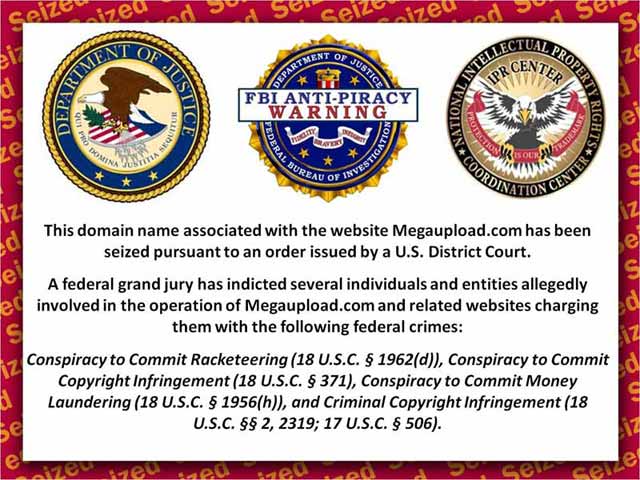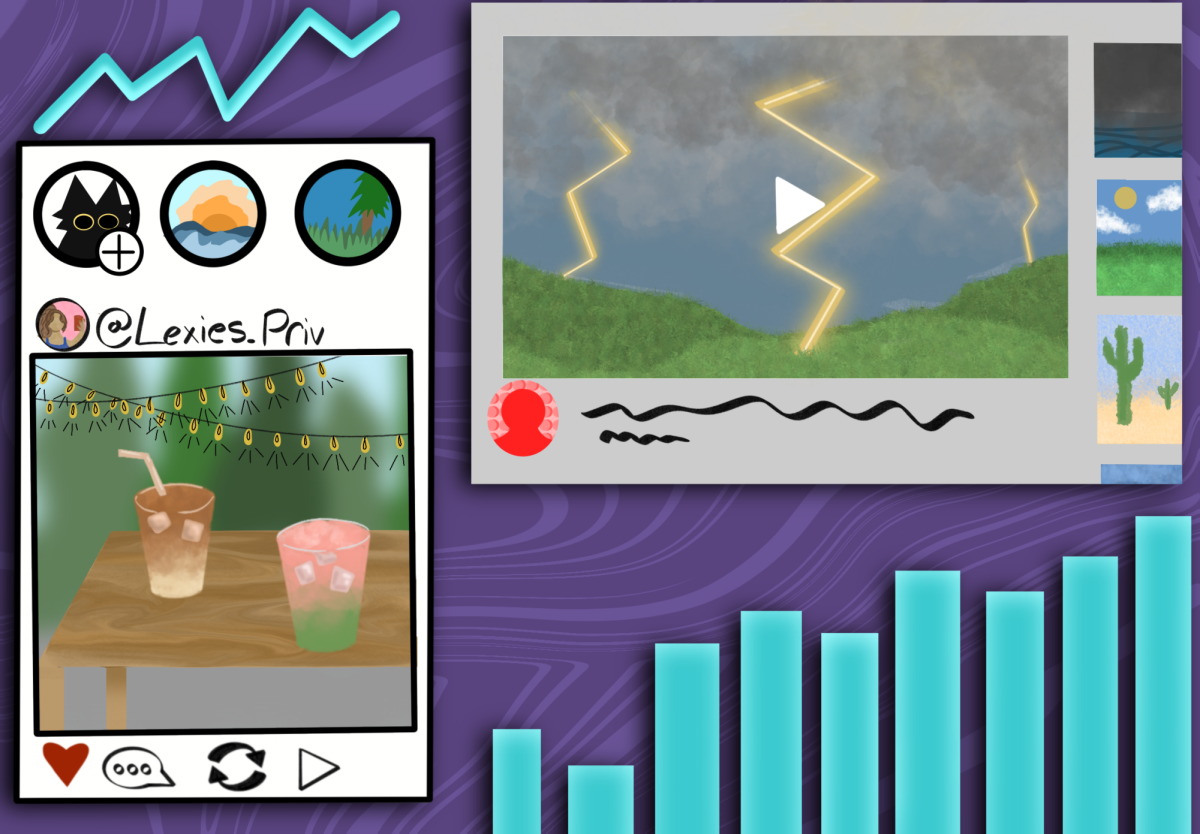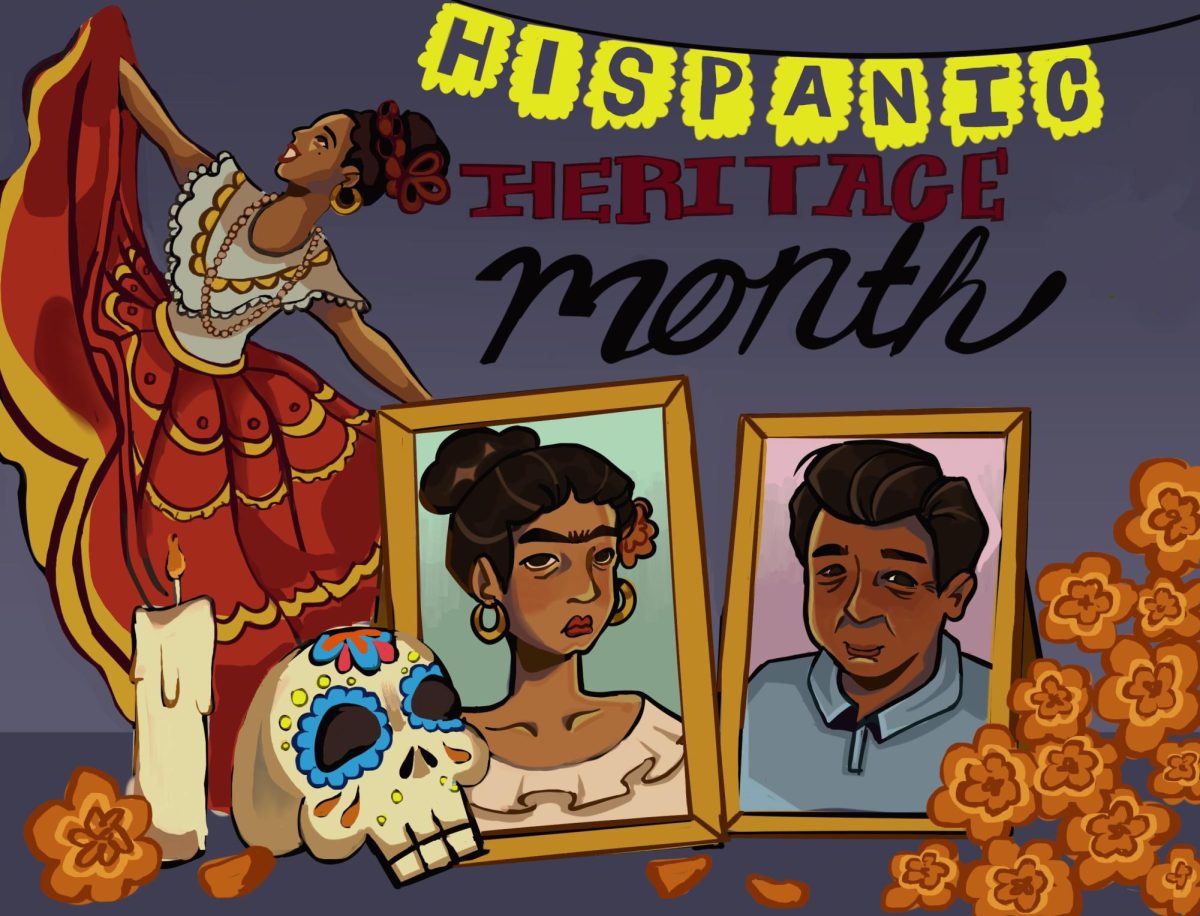
A day after the massive online protest against the Stop Online Piracy and Protect Intellectual Property Acts (SOPA and PIPA), the federal government carried out aninternational takedownagainst the website Megaupload.com on Thursday for a number of alleged crimes, including conspiracy to commit copyright infringement, racketeering, and money laundering.
“This domain name associated with the website Megaupload.com has been seized pursuant to an order issued by a U.S. District Court,” reads the U.S. Department of Justice message posted on the file hosting website. According to U.S. prosecutors, Megaupload accounted for 4% of all Internet traffic prior to its shut-down.
The timing, and subsequent irony, of these two closely-related events has become indicative of a much larger battle currently being fought in America between entertainment companies and the consumers of their content.
While many citizens channeled their collective anger through social media sites and other online tools to effectivelyboycott SOPA and PIPA, industry heavyweights like the Motion Picture Association of America (MPAA) and Recording Industry Association of America (RIAA) continue to lobby the government to take harsher action against intellectual property theft.
Some Foothill students have expressed their discontent with the “sister” bills.
Freshman Ben Limpich voiced his opposition to the acts, saying that while the bills have their advantages, they’re far too “demanding and aggressive” in their current form and have the potential to cause major problems, such as government censorship online.
”If you want to shut down a website…follow the legal process.”
Senior Aron Egelko is against the bills as well.
“We have this trend of limiting free speech in order to stop the criminals…If you want to shut down a website you should follow the legal process,” Egelko said.
In order to better understand the nature of this conflict, the Dragon Press spoke with two experts on the acts: Adam Goldstein, an attorney advocate at the nonprofit Student Press Law Center (SPLC) in Virginia, and Parker Higgins, an activist for the Electronic Frontier Foundation (EFF).
Higgins, an activist for the EFF, described one of the more contentious aspects of the bills, known as what he calls the “vigilante provision.” This would grant legal immunity to companies and groups (such as search engines and Internet providers) that take action to censor, prior to ever receiving a court order.
“If an ISP (Internet service provider), for example, has a ‘good faith belief’ that a site is infringing, they could just cut that site off,” he said.
{sidebar id=51}“And…that leads to dangerous possibilities where a group like the MPAA could draft a list–a blacklist–of sites they believe are dedicated to infringement,” he said.
Goldstein took issue with two particular portions of the legislation, noting that the biggest issue is that it simply wouldn’t work and that somebody with the remotest bit of sophistication could easily bypass these blocks.
There are political pitfalls, he added.
“Once you’ve created a system that permits this kind of censorship, it’s frankly naïve to think it’s not going to be politicized to some degree and ideologically used to some degree,” Goldstein said.
Several phone calls and emails to the MPAA, RIAA, and various Congressional officials were not returned as of this article’s publication.
On Wednesday of last week, an array of major websites such as Wikipedia, Reddit, and Boing Boing “blacked out” in protest of SOPA and PIPA by effectively shutting down for a day, replacing their usual homepage with an anti-SOPA message.
Other major sites like Google, Craigslist, and Mozilla also postedbannersor splash pages on their homepages to encourage visitors to sign various petitions against the bills.
The response to this virtual call-to-arms included Google receiving over 4.5 million virtual signatures on its Internet petition on Wednesday alone.
Because of the large public outcry raised by the legislation, many teenagers and other Americans have been making their voices heard by actively protesting the acts both online and off.
As a result of the public’s discontent, a number representatives withdrew their supportof the bills after the black-out. By the following day a total of 18 senators and three representatives had changed their stance on the legislation.
”There is no reason the legitimate issues cannot … be resolved”
On Saturday, SOPA’s main sponsor Rep. Lamar Smith, a Republican from Texas, formally halted the bill temporarily, issued a statementsaying: “There is no reason that the legitimate issues raised by many about this bill cannot be resolved.”
Smith vowed to revisit the bills and take them back to the drawing board for editing and revisions.
PIPA suffered a similar fate when Senate Majority Leader Harry Reid postponed a vote on the legislation, which was originally scheduled for consideration today.
However, PIPA’s main sponsor, Sen. Patrick Leahy, a Democrat from Vermont, wasn’t as conciliatory in his response, stating that “a day will come when the Senators who forced this move will look back and realize they made a knee-jerk reaction to a monumental problem.”
Foothill’s AP Government teacher Cherie Eulau was impressed with how quickly Congress reacted to the people’s lack of support.
“I think it is interesting that Congress is reacting to ‘the people’ and the pushback the public is demonstrating. It is a good reminder that ‘we the people’ do have power, not just lobbyists, corporations, and unions,” Eulau said.
While the enormous influence of ordinary people on the course of these bills is undeniable, the battle against government control of the Internet seems far from over.
Goldstein believes that the bills will still pass in a heavily-modified format.
“I think they’ll pass in some form but I don’t think there is gonna be any IP filtering element to it,” he said. “When the IP filtering element is removed from SOPA, what you’re left with is a “new remedy that is identical to an existing remedy.”
“It’s a pretty weak bill but that’s what’ll pass and then the recording (and entertainment) industry will declare victory and pretend like they won,” he predicted.
The notion of the federal government shutting down websites is nothing new; in fact, it’s been going on for years with little public attention.
Eighteen months ago, the US Immigration and Customs Enforcement Agency (ICE) launched an online anti-piracy operation called “Operation in Our Sites” against alleged websites accused of peddling pirated and counterfeit goods. Since the ongoing operation’s inception, over 350 domain names have been seized by ICE.
While it appears SOPA and PIPA have been laid to rest for the short-term, the continuing war between copyright laws and Internet freedom rages on.








